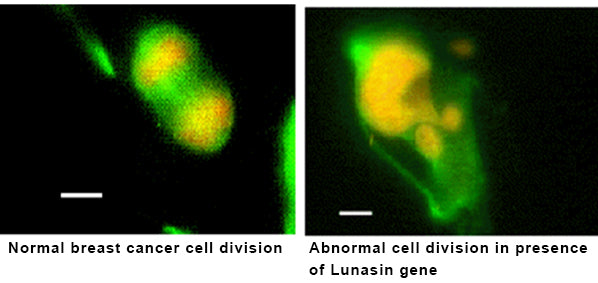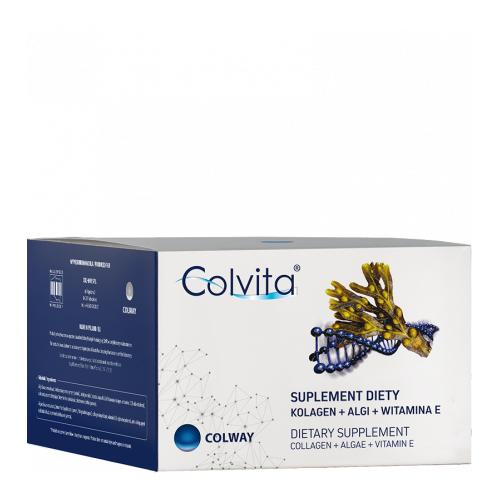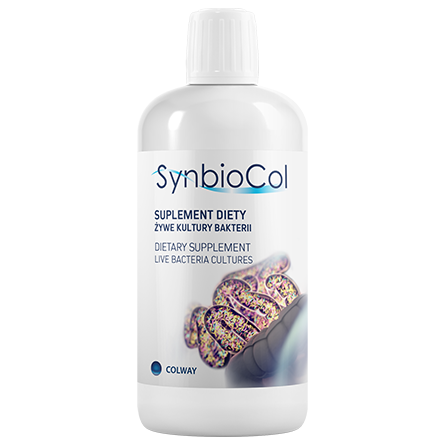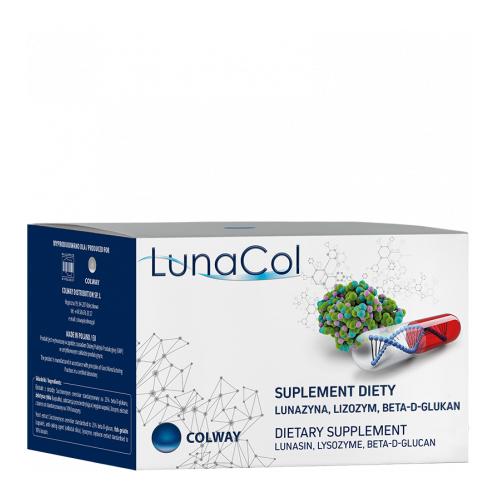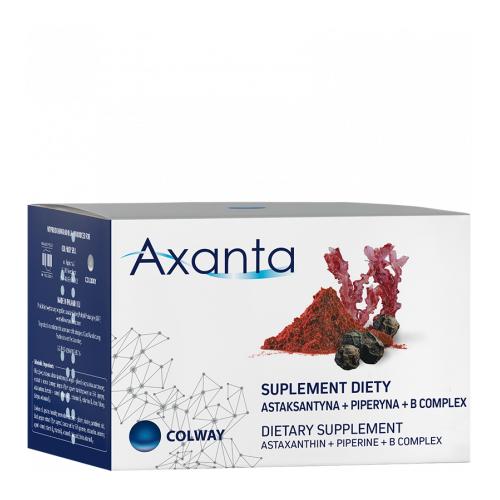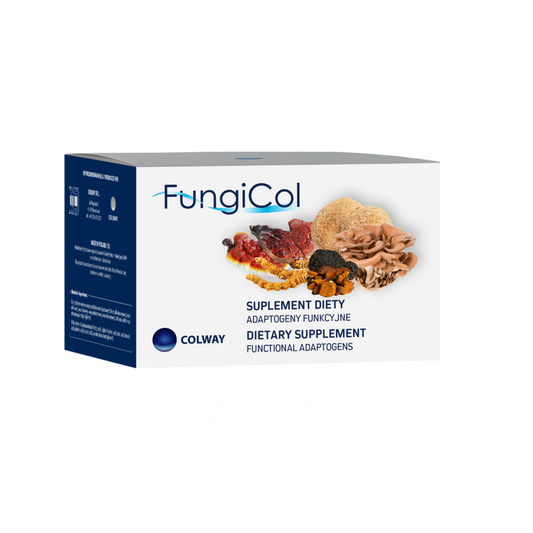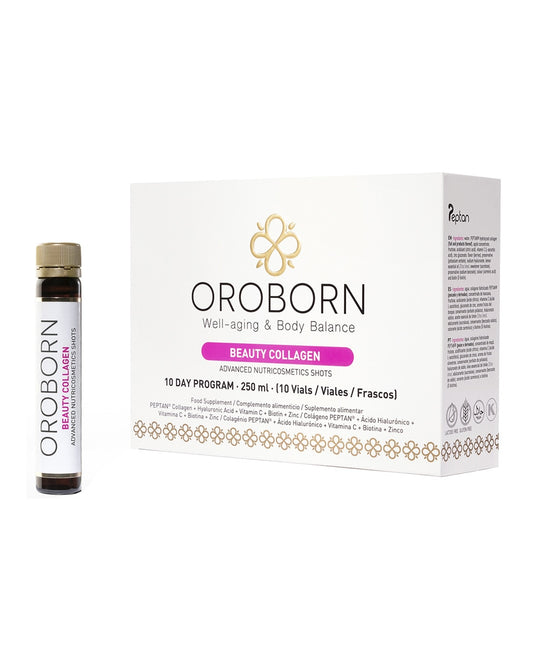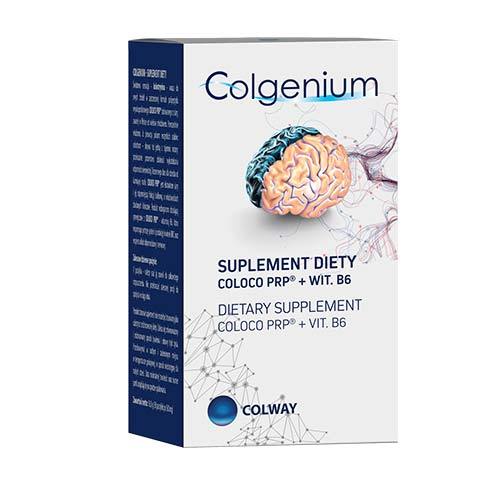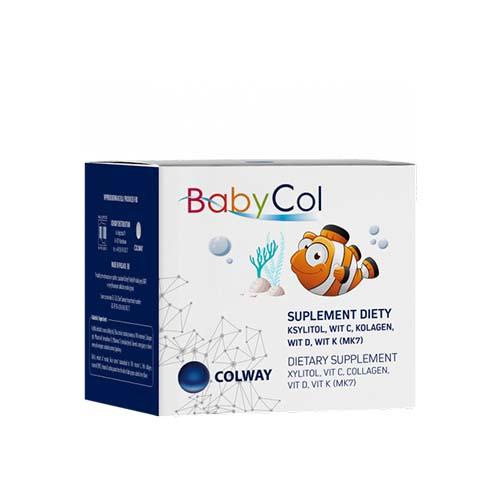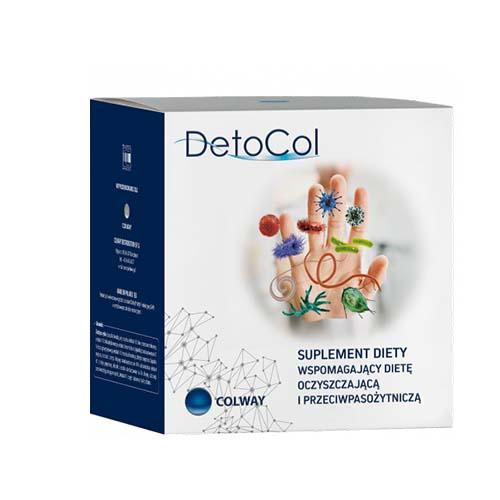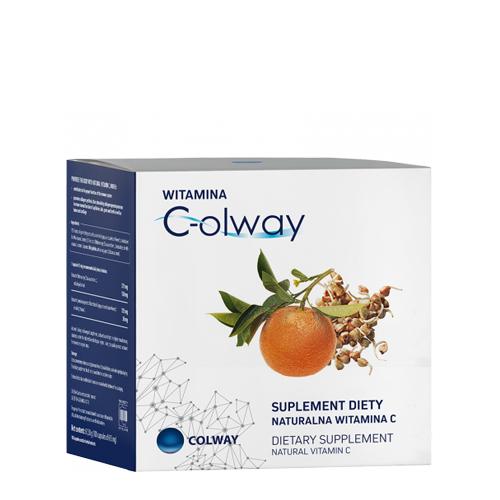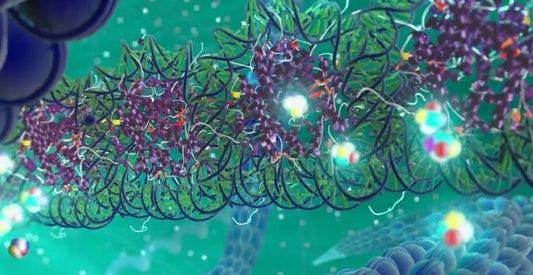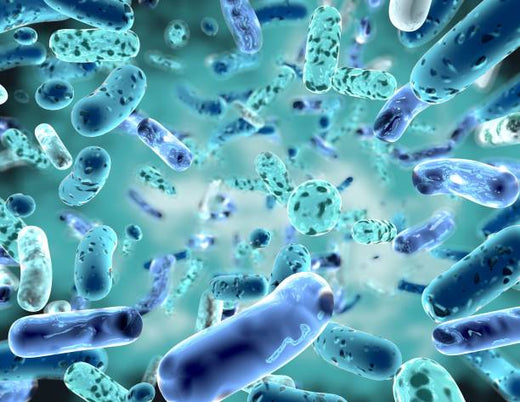Discovering something that could revolutionize a field of study is not something that happens every day. Sometimes, it's a matter of serendipity or a fortunate accident, just like what happened with Dr. Alfredo Galvez when he discovered the Lunasin peptide. Dr. Galvez was initially focused on seed and cell development research at the University of California in Berkeley when he stumbled upon something he never expected.
The Accidental Discovery
During his research, Dr. Galvez isolated a protein from soy without knowing much about it. However, he began observing its effects as it was binding to something in a cell. He soon realized that this protein, which he named the Lunasin peptide, caused a disruption in cell division similar to developing cell division. This observation prompted him to look further and test his hypothesis of how Lunasin worked within cancer cells since they divide so rapidly.
Based on Dr. Galvez’s initial findings on the anti-cancer effects of Lunasin, two main effects were published in the following research studies:
- Transfection of Lunasin gene in mammalian cells causes anti-mitosis and apoptosis. Galvez & de Lumen. Nature Biotech. (1999) 17:495-500.
- Lunasin peptide inhibits oncogene and carcinogen-induced tumor formation. Galvez et al., Cancer Research (2001) 61:7473-7478.
What is Lunasin?
Lunasin is a naturally occurring peptide found in soy and some other plant species. It consists of 43 amino acids and has been shown to have various health benefits. Initially, it was believed that Lunasin was only beneficial for improving heart health and reducing inflammation. However, with Dr. Galvez's accidental discovery, Lunasin's potential for cancer prevention and treatment became evident.
How Does Lunasin Work?
Lunasin works by inhibiting histone acetylation, a process that allows genes to be turned on or off. By doing so, Lunasin regulates the expression of genes involved in cell proliferation, differentiation, and apoptosis. In simpler terms, it helps to prevent the uncontrolled growth and division of cells that can lead to cancer.
Benefits of Lunasin
Several studies have shown that Lunasin has various health benefits, including:
-
Cancer prevention and treatment: As mentioned earlier, Lunasin has shown promising results in inhibiting the growth and spread of cancer cells.
-
Lowering cholesterol levels: Lunasin has been found to lower LDL (bad) cholesterol levels, which can help reduce the risk of heart disease.
-
Reducing inflammation: Lunasin has anti-inflammatory properties that can help reduce inflammation in the body, which is linked to various chronic diseases.
-
Improving immune function: Lunasin can enhance the immune system's function, helping the body fight off infections and diseases.
How to Get More Lunasin in Your Diet?
Soybeans are the richest source of Lunasin, and you can easily incorporate them into your diet by:
-
Eating edamame: Edamame is a delicious snack made from young soybeans that are boiled or steamed and sprinkled with salt.
-
Drinking soy milk: Soy milk is a popular dairy milk alternative that is high in protein and can be used in cooking and baking.
-
Eating tofu: Tofu is a versatile soy product that can be used in various dishes, including stir-fries and soups.
-
Adding soybeans to salads or soups: You can add boiled or roasted soybeans to your salads or soups for a nutrient boost.
FAQs
Q1. Is Lunasin safe to consume?
A1. Yes, Lunasin is generally considered safe to consume. It is a naturally occurring peptide found in soy and other plant species and has been consumed for centuries in Asian countries. However, it is always advisable to consult a healthcare professional before consuming Lunasin supplements, especially if you have any underlying health conditions.
Q2. Can Lunasin cure cancer?
A2. Lunasin is not a cure for cancer, but it has shown promising results in inhibiting the growth and spread of cancer cells. More research is needed to determine its effectiveness in treating cancer.
Q3. Are there any side effects of consuming Lunasin?
A3. There have been no reported side effects of consuming Lunasin from food sources such as soybeans. However, some people may experience allergic reactions to soy products, so it is essential to be cautious if you have any soy allergies.
Q4. Can I consume Lunasin supplements instead of soy products?
A4. While Lunasin supplements are available, it is always best to consume nutrients from natural food sources. Soybeans are a rich source of Lunasin and contain other essential nutrients that are beneficial for health.
Q5. Can Lunasin interact with other medications?
A5. It is always advisable to consult a healthcare professional before consuming Lunasin supplements if you are taking any other medications, as it may interact with them.
Q6. Is Lunasin vegan-friendly?
A6. Yes, Lunasin is a naturally occurring peptide found in soy and other plant species, making it vegan-friendly.
Conclusion
Discovering the Lunasin peptide was truly a fortunate accident that has paved the way for potential cancer prevention and treatment options. Lunasin has various health benefits, including cancer prevention and treatment, reducing inflammation, improving immune function, and lowering cholesterol levels. Soybeans are a rich source of Lunasin, and you can easily incorporate them into your diet by eating edamame, drinking soy milk, eating tofu, or adding soybeans to salads or soups. While Lunasin supplements are available, it is always best to consume nutrients from natural food sources.




















































































































